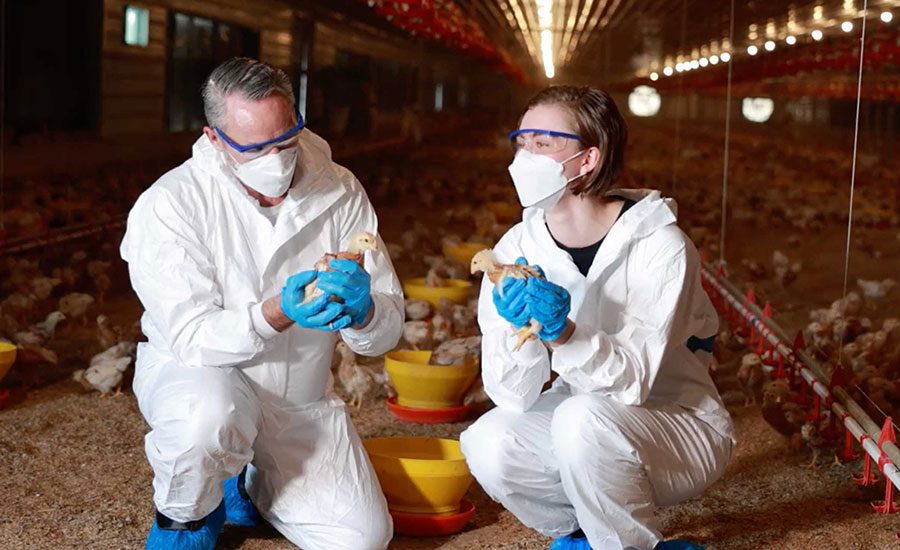In response to recent foodborne illness outbreaks linked to various types of sprouts, the U.S. Food and Drug Administration (FDA) has completed a large-scale sampling study as part of its effort to learn more about potential contamination in these products and protect consumers from disease-causing bacteria in sprouts.
Sprouts are especially vulnerable to pathogens given the warm, moist and nutrient-rich conditions needed to grow them. From 1996 to July 2016, there were 46 reported outbreaks of foodborne illness in the United States linked to sprouts. These outbreaks accounted for 2,474 illnesses, 187 hospitalizations and three deaths.
FDA’s testing program was designed to estimate the prevalences of Salmonella, Listeria monocytogenes and Escherichia coli O157:H7 in sprouts, and to identify patterns in hopes of preventing these pathogens from contaminating sprouts.
FDA collected 825 samples from 37 states, Puerto Rico and the District of Columbia, and found that most of the positive samples came from a small number of sprouting operations: A total of 14 positive samples were found at eight of the 94 growers, and 10 of these samples came from just four growers.
FDA tested samples collected at three points in the production process (seeds, finished product and spent irrigation water) to gain insights into the sources of contamination in sprouts.
The agency found the following:
- Salmonella on 2.35 percent of seed samples. Salmonella-contaminated seed was identified as the most likely source of most sprout-associated salmonellosis outbreaks. The prevalence of Salmonella in finished sprouts was 0.21 percent and in spent irrigation water was 0.53 percent.
- Listeria monocytogenes on 1.28 percent of finished sprouts. In contrast to FDA’s findings regarding Salmonella, there was no significant difference in the prevalence of L. monocytogenes by point in the production process. The similarity of findings at different steps of production indicate that the contamination most likely occurred as a result of environmental transmission, which is similar to findings in other studies indicating that this pathogen is most often transmitted to produce via the production environment.
- None of the finished sprout or spent irrigation water samples tested positive for E. coli O157:H7. FDA did not test seed for E. coli O157:H7 due to limitations with the test method.
FDA worked with the firms that owned or released affected sprouts to conduct voluntary recalls or to have their consignees destroy affected product, and then followed up with inspections. The agency also referred its findings to state authorities in two cases.
For additional Information, please visit:






